'A Wrinkle in Time'
'A Wrinkle In Time' combines fantasy and science fiction to bring the classic story to life.
Incluvie Foundation Gala - Learn More
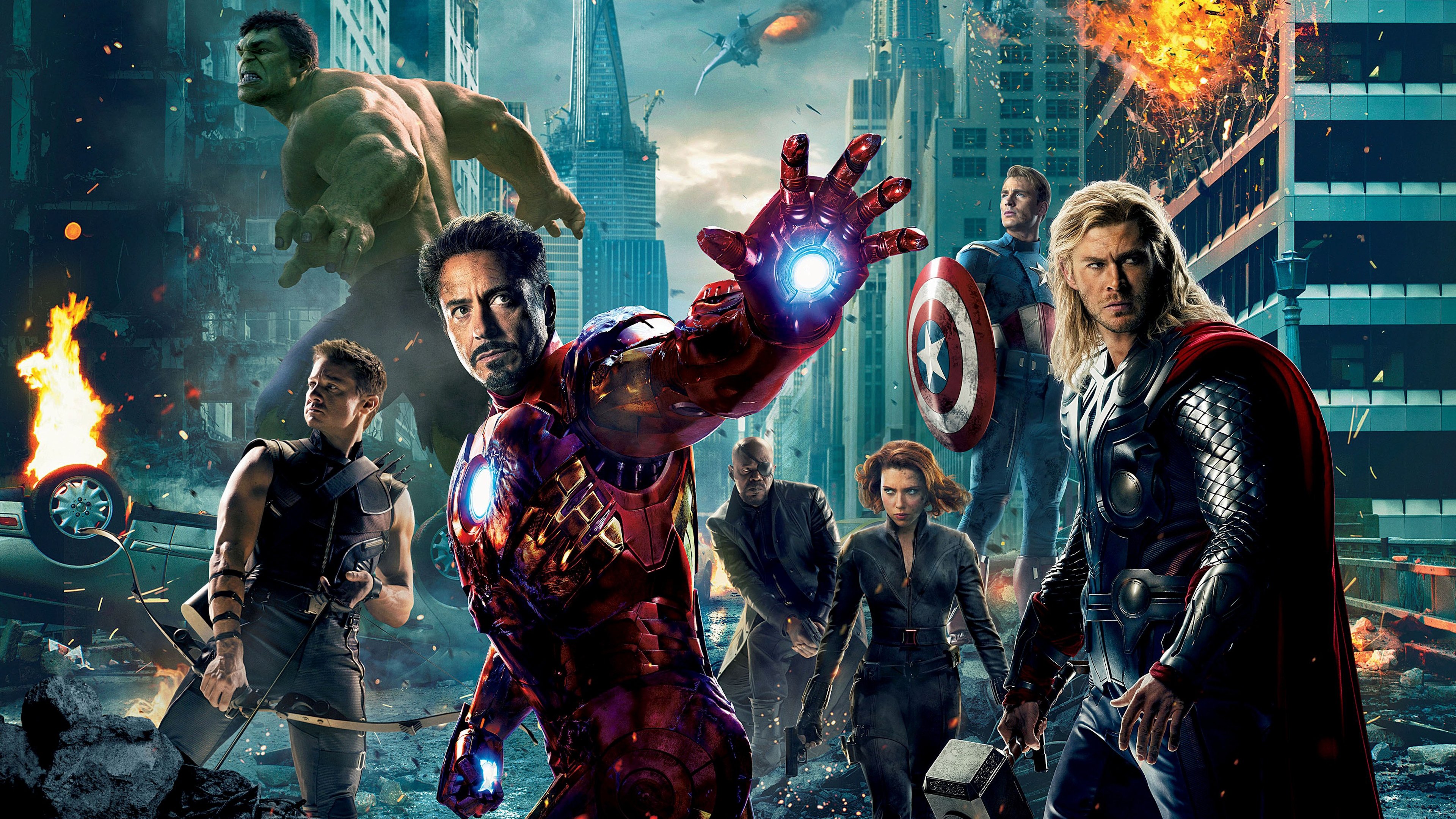

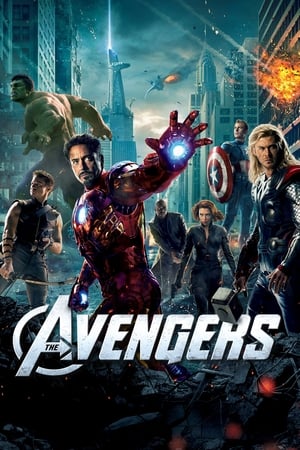


Barbie has been the subject of much speculation, hatred, and heartfelt appreciation during the weeks that followed its release. The Internet seems to be still talking about it just as much as it was a month ago. It tells the story of how Stereotypical Barbie (Margot Robbie) starts experiencing human feelings and bodily flaws. Weird Barbie (Kate McKinnon) surmises that this is possibly due to the human playing with her doll in the real world having complicated and sad thoughts. So Stereotypical Barbie goes to the real world in order to help the child who’s playing with her so that she might go back to being plastic and perfect. Ken (Ryan Gosling) accompanies her and this has dire consequences when he returns to Barbieland before Barbie. While Ken discovers patriarchy and goes back home, Barbie is appalled by it and meets her kid, Sasha (Ariana Greenblatt), with hopes of finding some answers.
Barbies of Barbieland imagine their feminist history actually solved the issue of gender politics in the Real World. Sasha tells her about Barbie’s complicated past with body images and Capitalism but rather harshly. Sad and lost, Barbie goes to Mattel in order to complain and there she meets Sasha’s mother Gloria (America Ferrera). Turns out, it’s Gloria’s thoughts that have been haunting Barbie, and not Sasha’s. To provide them comfort, Barbie takes them with her to Barbieland, only to discover that Ken has taken over the land and established a patriarchy. The journey of taking back Barbieland from the Kens has been lauded by many for its take on feminism and femininity and how it celebrates womanhood and sisterhood. But it has been subject to its fair share of criticism as well. Some of it is from disgruntled men like Ben Shapiro who aren’t happy a film with a powerful, albeit confused, feminist message is so popular, but some of it definitely has merit.
“Anti-Men”
By far the most ridiculous criticism of the film claims that it openly despises men. This was primarily men taking to social media in the first few days of the release of Barbie. It was a reactionary stance to take, a response to the women flocking to social media to laud the film for making them feel seen and heard. Piers Morgan (see below) was, not unexpectedly, a spokesperson for this group of men, and there are multiple discrepancies in his criticism of the film. Then there was Ben Shapiro who bought and accessorized Barbie dolls before posing them in their car and doing a photoshoot, which he followed up by burning them. This kind of pettiness doesn’t deserve a space in serious film criticism, but it’s an interesting aspect to study. The film’s ending, although a little complicated and oversimplified at the same time, tries to make a point about toxic masculinity and how having to put up a performance of strength makes the patriarchy detrimental for men as well. So it’s effectively anti-patriarchy and not anti-men, but the aforementioned men and their fans are blissfully blind to this message. Is it because the messaging is too subtle or because a female-led film being so successful challenges their already fragile sense of masculinity and their ego?
With the current state of the world being as rough as it is, we all sometimes need lighthearted fun to remind ourselves that there’s still greatness in the world. Wakaliwood — a Ugandan production studio consisting entirely of native citizens — provides such fare and a great laugh. It came as a major, delightful surprise to me that the newest Wakaliwood film, Crazy World, was selected to be a part of YouTube’s We Are One digital film festival after it initially debuted at the Toronto International Film Festival. I’ve been craving some cheeky fun by the dedicated artists from Kampala, Uganda, and Crazy World did not disappoint in the slightest. This also helps us remember that their are real people in Uganda suffering from a regime hell bent on harming LGBTQIA+ people at the expense of actually helping their citizens.
For anyone who’s watched anything from Wakaliwood, you know what you’re getting yourself into when turning on Crazy World, but for the uninitiated, you’re about to have your eyes opened to a whole new world of filmmaking.
When it comes to film budgets, you have your big-budget films like The Avengers (appx. $220 mil), mid-budget films like Knives Out (appx. $40 mil), and low-budget films like One Cut of the Dead (appx. $25,000), but rarely do any of us watch micro-budget movies. Wakaliwood presents possibly the lowest budgets any feature films have seen, with their breakout film, Who Killed Captain Alex? made on a mere $200 budget. When you hear famous directors and other people say that there’s no excuse for you to not make films if you have the passion for it, Wakaliwood is the prime example of that philosophy. Like Who Killed Captain Alex?, Crazy World retains that charming D.I.Y filmmaking style by having the filmmakers utilizing whatever assets they had on hand to craft their art, and that dedication to making the best possible movie they could make with such little resources is what drives the main appeal for these movies. Seeing the creativity that spawns from people who have next to nothing to make a movie shows how much they care about crafting entertainment that represents their culture.
Budgetary discussions aside, Crazy World gives fans of Wakaliwood movies what they want by playing up the comedy and action just like their movies before. An amazing running theme among Wakaliwood movies is the sheer amount of on-screen talent their movies boast. Dedicated performances come from each of their actors, who sink into their roles better than many American films. The entirely Ugandan cast boasts solid line delivery, staging, and emotional weight that’s beyond admirable, but one thing truly shines above the rest, and that’s the action. I kid you not when I say the dedication put into the action scenes rivals and even beats out many American action films in sheer entertainment value and care for the craft. Watching self-taught actors swing their fists, perform jumping kicks, and perform other insane stunts is truly a marvel to witness! Although the violence is always on the cornier side of entertainment, unlike the brooding seriousness of a John Wick, a lot of the action within Crazy World connects and had me wonder how these actors were able to pull some of this stuff off; as an example, there are a few moments where bricks come into the action and are either thrown or smashed against people. I have no idea if the bricks featured in the movie are real, but it was convincing enough to make me feel the brutal impact of hard objects smashing against people’s heads.
The DC Extended Universe (DCEU) has had a rough go of it from its inception. Man of Steel debuted with mixed results. It attempted to emulate the success of The Dark Knight…something that doesn't entirely work for a Superman film. Then, Batman v. Superman came out and attempted to rush up an entire universe to compete with the Marvel Cinematic Universe…and ended up doing poorly with critics and audiences alike. To make things worse, Suicide Squad followed, and though Margot Robbie’s Harley Quinn was a better part of an otherwise awful movie, the movie was still awful.
Thankfully, that is not the case with Birds of Prey (and the Fantabulous Emancipation of One Harley Quinn). But sadly, the movie doesn't seem to have reached its reported break-even point of 250-300 million dollars, earing around 205 million dollars. This make it modern cult classic that was initially a box office bomb. While yes, the fake controversy around a diverse cast and the simultaneous spread of the Coronavirus might have pushed away a few moviegoers, my theory is that DC fans have been hurt too many times before, and it’s hard to care about an extended universe when DC’s answer to Avengers was the hauntingly bad Justice League. The recent Shazam! also didn’t fare as well as expected, but I’m not too worried about the DCEU’s prospects anymore. I think Birds of Prey and the other recent movies have showed signs of finding a creative voice and not being afraid to have a little fun. The pretentious brooding and need to be dark really hurt the DCEU, but I think they’ve learned their lesson by now.
So, what is Birds of Prey about? To be fair, it really is more of a Harley Quinn movie. The film very loosely follows the events of Suicide Squad and does not even show Jared Leto’s dreadful Joker (good). Harley and the Joker breakup, and she celebrates her newfound freedom by getting into a lot of shenanigans. Eventually, she finds her way to a club run by crime lord Roman Sionis, AKA Black Mask (Ewan McGregor) and manages to get tangled up in a convoluted deal with him. Long story short, she earns his wrath, along with several other notable people in Gotham City. The Huntress (Mary Elizabeth Winstead), Renee Montoya (Rosie Perez), Black Canary (Jurnee Smollett-Bell), and Cassandra Cain (Ella Jay Basco) all manage to irk Sionis in some way, and all them decide to come together to stand up to the crime lord.
The film is narrated by Harley and is loosely constructed in a nonlinear order. There are also possibly too many characters introduced at once. Or rather, either the structure or the characters had to be trimmed a little, or the film instead tried to tackle both and bit off more than it could chew. The comedic flourishes and immense performances coming from this talented cast saves the entire show here. Thankfully, there is clearly passion and purpose in this film, unlike Suicide Squad, which simply seemed to be a forced attempt at looking cool. While Birds of Prey can have forced humor at times, or attempt to ape on the success of Deadpool at times, it’s never boring, and never inherently offensive or stupid.
The film’s shock humor and violence are its core components. The action is top-notch. Birds of Prey had some of the best stunt work and choreography of 2020, and was the most fun I’d had in an action film since John Wick 3. Seeing a cocaine-fueled Harley Quinn break legs with a baseball bat sounds like it would be a messy affair, but the film makes it look like an art. And unlike Suicide Squad, where most of the action was shot in pitch blackness or dim lighting, Birds of Prey keeps everything neatly lit and allows every broken bone to be seen.
The latest in the lineup of Disney+ Marvel shows, Hawkeye is shaping up to be a fun Avenger show that’s also really down to earth. Spoilers ahead!
In the first two episodes of Hawkeye, we are reintroduced to Clint Barton (Jeremy Renner) aka Hawkeye and Kate Bishop (Hailee Steinfeld), a young archer and Hawkeye fan.
These first episodes focus more on Kate Bishop. In the comics, Kate shares the moniker Hawkeye with Clint. Per usual for the MCU, Steinfeld is perfect casting. Steinfeld’s Kate is charming, confident, bubbly, and self-sufficient. She’s amazing to watch in action. Steinfeld’s performance during her action sequences is so raw and natural; it’s admirable. She’s constantly grunting and shouting as she takes punches and throws them. In mainstream superhero and action film, we don’t typically see young female heroes fighting at the street level, throwing their weight against opponents with no armor or special powers to protect them. What’s more, Kate is totally confident in her fighting abilities, which is completely justified by her years worth of training in various martial arts. Kate is already extremely likable not only as a character, but as a fighter.
Kate decided to pick up a bow and arrow following the attack on New York from the first Avengers movie. This is my favorite opening scene so far from any Marvel Disney+ show. In the first few minutes, a young Kate Bishop is living her normal life before her house starts shaking, she hears explosions outside, and she’s dropped into an apocalyptic, nightmarish scene. She looks through a hole in her house to witness an alien invasion.
I love this aspect about the Disney+ series: showing huge, Avengers-level threats from the point of view of civilians. A similar opening sequence in WandaVision used Monica Rambeau’s point of view to convey the chaos of the Blip. Hawkeye’s opening sequence shows that while Clint and the others were fighting the Chitauri invasion, normal people were scrambling for their lives. Clint saving Kate with an arrow was a smart way to connect the pair and to inspire Kate, even if this is a different origin story for her than in the comics.
I imagine that it would be a dream job for an actor to play the parts of twin brothers Dominick and Thomas Birdsey in I Know This Much Is True. They are both deeply complex and multifaceted characters, while also being starkly different from each other. There is so much room there for an actor to play within, and to shine as they give two nuanced and powerful performances. In the case of HBO’s six part limited series, the lucky actor who gets to take this on is Mark Ruffalo.
I have been a fan of Ruffalo for a long time. He first popped up on my radar when he debuted as Bruce Banner in The Avengers (2012). Since then, I have been nothing short of amazed by his truly raw talent. His performances in movies such as Begin Again (2013), Foxcatcher (2014), and Spotlight (2015) — the latter two garnering him Oscar nominations — cemented him for me as one of my favorite working actors. Anything that Mark Ruffalo is in will immediately have my attention.
In I Know This Much Is True, Dominick (Ruffalo) struggles to care for his paranoid schizophrenic brother, Thomas (Ruffalo). The more Dominick fights to help his brother, the more he feels he is losing the war. It’s within his moments of absolute loss and devastation that we see who Dominick truly is as a person.
As the series progresses, we also come to learn more about Dominick’s past. His relationships with his brother, his stepfather Ray (John Procaccino), his ex-wife Dessa (Kathryn Hahn), and his mother (Melissa Leo) all have secrets that are slowly unearthed. That is the biggest aspect of I Know This Much Is True that makes it as compelling as it is: the secrets and mysteries that take their time to be fully revealed.
Author: Nathanael Molnár, originally published 5/27/2020
The tale of the Snyder Cut will undoubtedly go down as one of the most fascinating stories in modern film history. It is one of the rare times that movie fans were able to rally together and champion an issue so much so that it actually came to fruition.
The Snyder Cut is director Zack Snyder’s original version of Justice League (2017). It is a cut of the film that Snyder had initially assembled after the production wrapped; a cut that Warners Bros. did not like. They weren’t happy with the direction of the film, and wanted to fire Snyder. It was at this time, in March of 2017, that Zack Snyder’s daughter passed away, and he stepped down from the film on his own.
Warner Bros. then brought in Joss Whedon to oversee massive re-shoots and a full re-edit of the film, all while intending to keep their November 2017 release date. While Whedon and other creative officials lobbied to delay the film until early 2018 in order to properly finish it, studio executive Kevin Tsujihara refused. Delaying the film into 2018 would have ensured a decrease for his end-of-year bonus.
Justice League was released in theaters on November 17, 2017. It was met with mediocre reviews at best, garnering a 40% critics rating on Rotten Tomatoes. Fans were massively underwhelmed by the film, but what was more underwhelming was its box office results. Justice League made $658 million worldwide. With a production budget of $300 million and hefty marketing costs, Justice League just barely broke even. To put this into perspective, this film was supposed to be DC’s equivalent to Marvel’s The Avengers — bringing all of their heroes together for the big team-up movie — which made $1.5 billion when it debuted in 2012.
Author: Nathanael Molnár, originally published [4/26/2020]
It was Friday, April 26th, 2019. I was sitting in the AMC Dolby Theater, my friends on either side of me. Everyone in the theater was buzzing, excited. A couple of people walked in with light-up arc reactors pinned to their chests. The lights came down, and the iconic Marvel Studios theme blasted through the theater. The audience cheered; everyone was giddy and ready for what we had all been patiently waiting for since May 2nd, 2008. Avengers: Endgame, the fulfillment of the promise of the Marvel Cinematic Universe.
It’s strange to think that Endgame came out a full year ago. I’ve been a fan of the MCU from the very beginning. As a life-long comic book fan, following the unfolding and the blossoming of this entire cinematic universe has been truly magical. It’s something that I’m still surprised we get to see and enjoy. I believe the MCU redefined the comic book movie genre. Comic book movies existed before the MCU and were successful before it. However, under the meticulous leadership of Kevin Feige, the MCU gave us something radically different (current list of all MCU films 2021).
It brought to life the long-form storytelling of comic books, the character arcs that span years, and the meshing of different worlds. In the medium of film, the MCU captured the feeling of reading comic books spanning decades, following characters in their own stories, and then following them into their larger team-ups. Sure, there were the X-Men movies that revitalized the genre when Batman & Robin had essentially killed it. Spider-Man brought whimsy back into the genre, and Batman Begins established realism. It was the MCU that brought consistent continuity, long-form story arcs, and a balance of bombastic spectacle action and genuine character growth and development.
As successful as the MCU became, as popular as The Avengers or Guardians of the Galaxy or Black Panther became, the entirety of this 22 movie experiment hinged on its conclusion. If the MCU didn’t deliver a satisfying conclusion to what this entire thing had been building towards, everyone would have walked away disappointed. Sure, we would still revere the individual films we loved, but the MCU as a whole would have far less significance if Endgame had dropped the ball. On April 26th, 2019, Endgame not only did not drop the ball, but it delivered for fans so much that it went on to become the highest grossing movie of all time!
There are so many interwoven stories, themes, character arcs, timelines, and dimensions! In order to keep track of the MCU films and figure out what to watch when, here’s a list of those that have come out – 29 as of now — as well as what's coming up in the next few years. Included are related articles and Incluvie score (and a fun 1.5 minute TikTok).
First is the release order of the MCU films. This is the way Marvel intended the audience to take in the characters and story arcs. After the release list is Incluvie’s own note and style on how to watch!
1. Iron Man (2008)
2. The Incredible Hulk (2008)

When an unexpected enemy emerges and threatens global safety and security, Nick Fury, director of the international peacekeeping agency known as S.H.I.E.L.D., finds himself in need of a team to pull the world back from the brink of disaster. Spanning the globe, a daring recruitment effort begins!
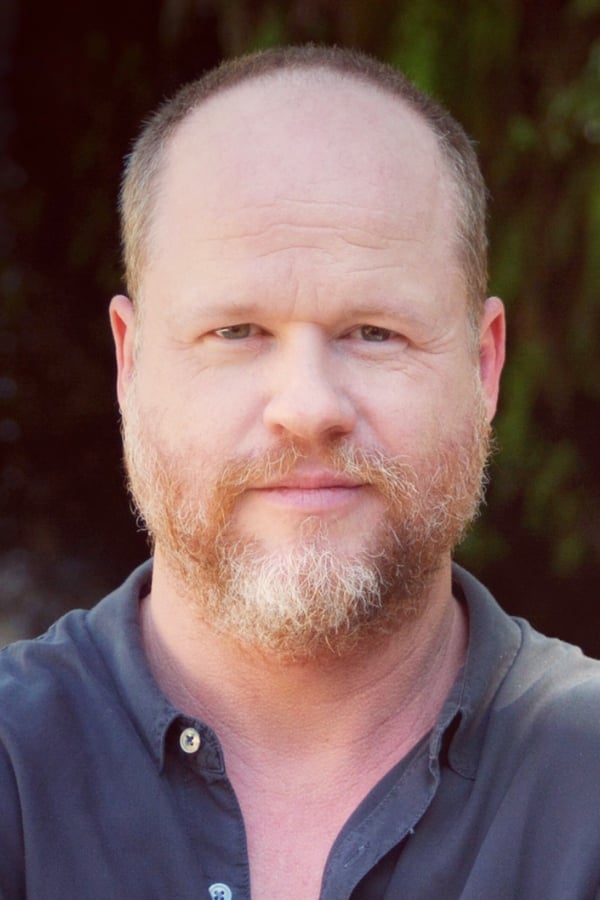
Joss Whedon
Director

Joss Whedon
Director
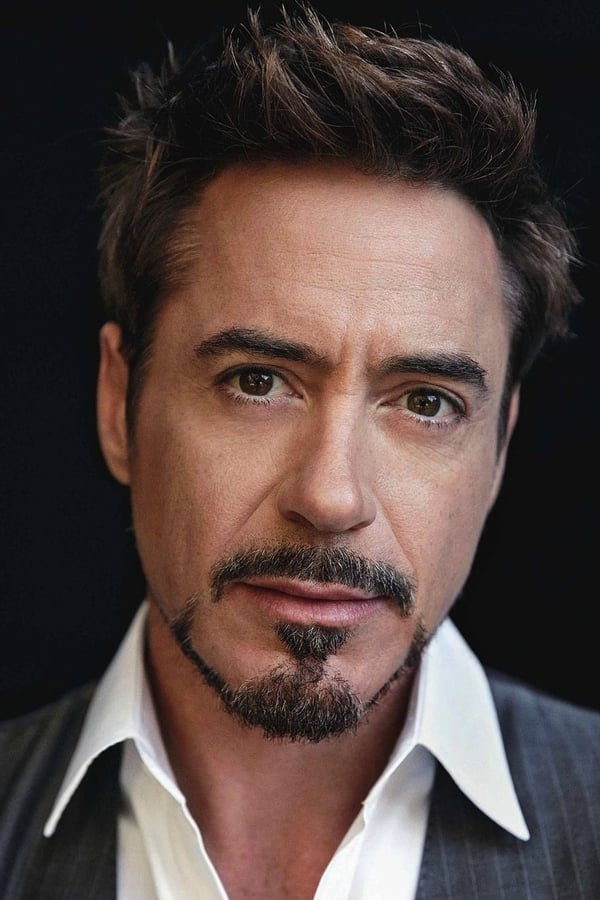
Robert Downey Jr.
Tony Stark / Iron Man
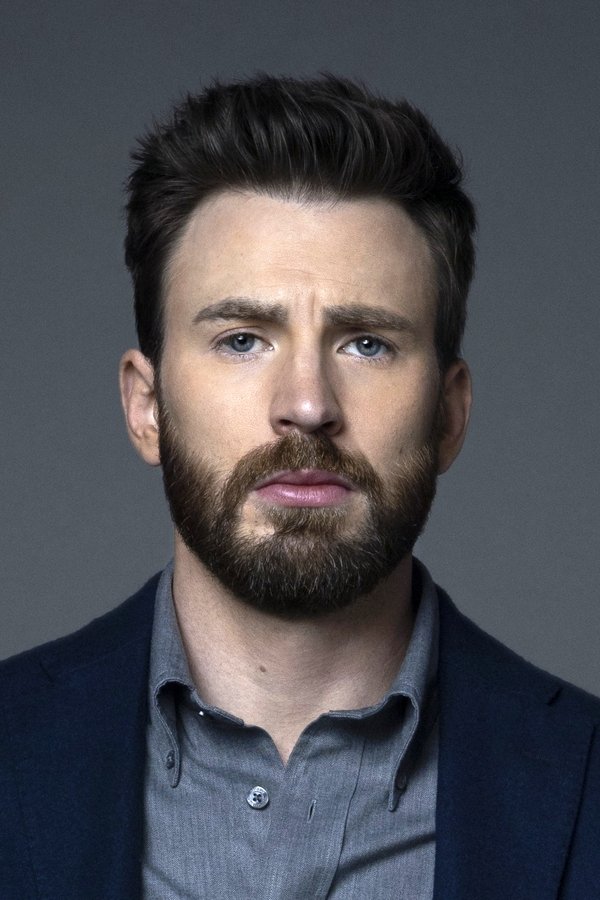
Chris Evans
Steve Rogers / Captain America
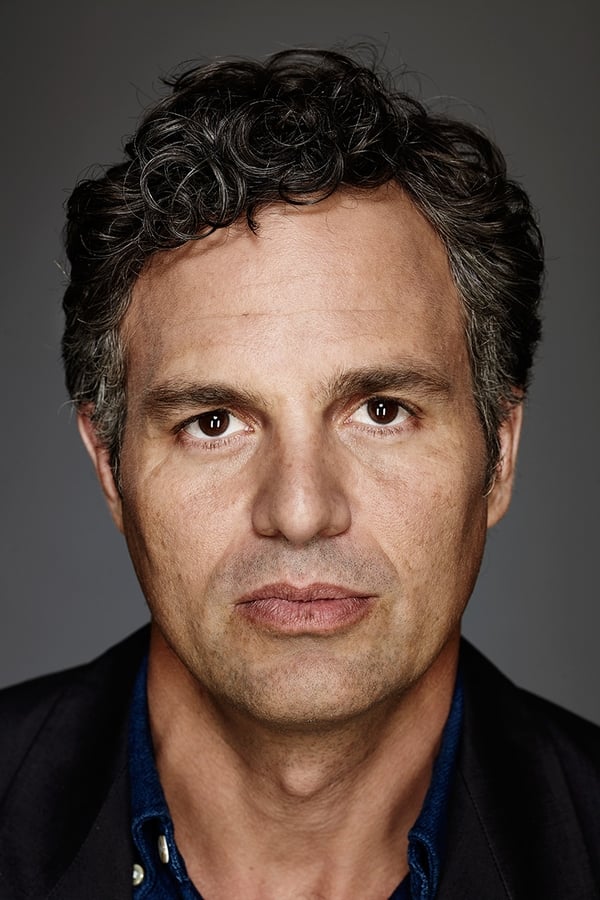
Mark Ruffalo
Bruce Banner / The Hulk
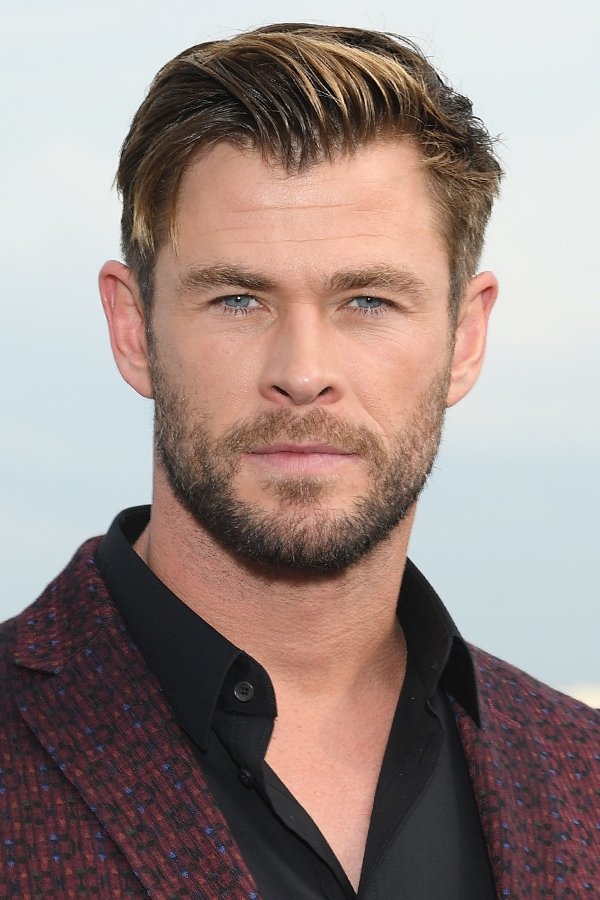
Chris Hemsworth
Thor
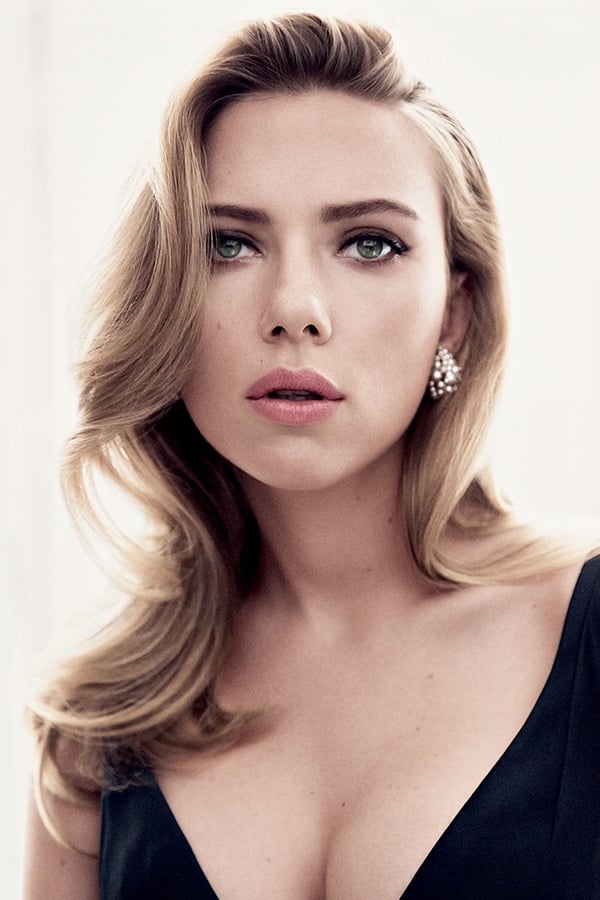
Scarlett Johansson
Natasha Romanoff / Black Widow
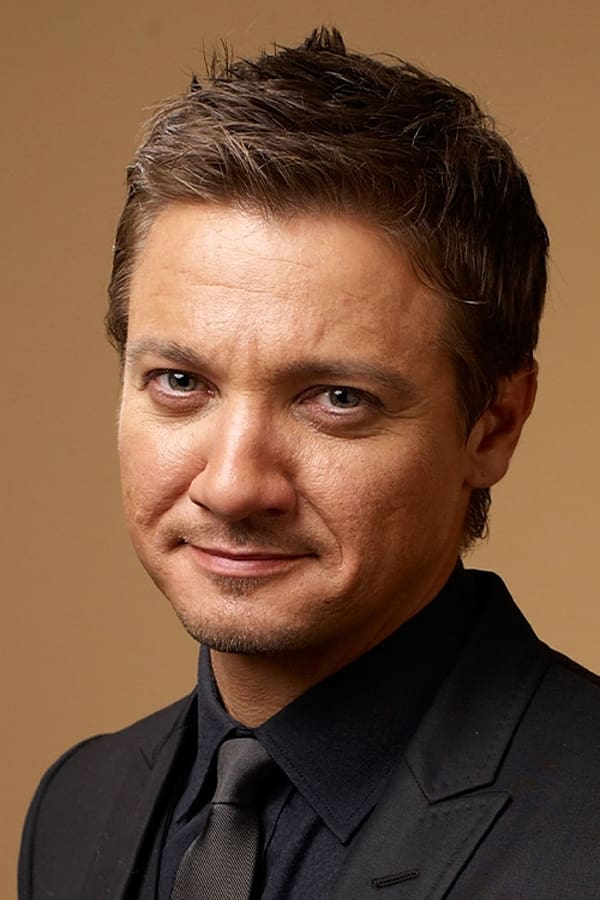
Jeremy Renner
Clint Barton / Hawkeye
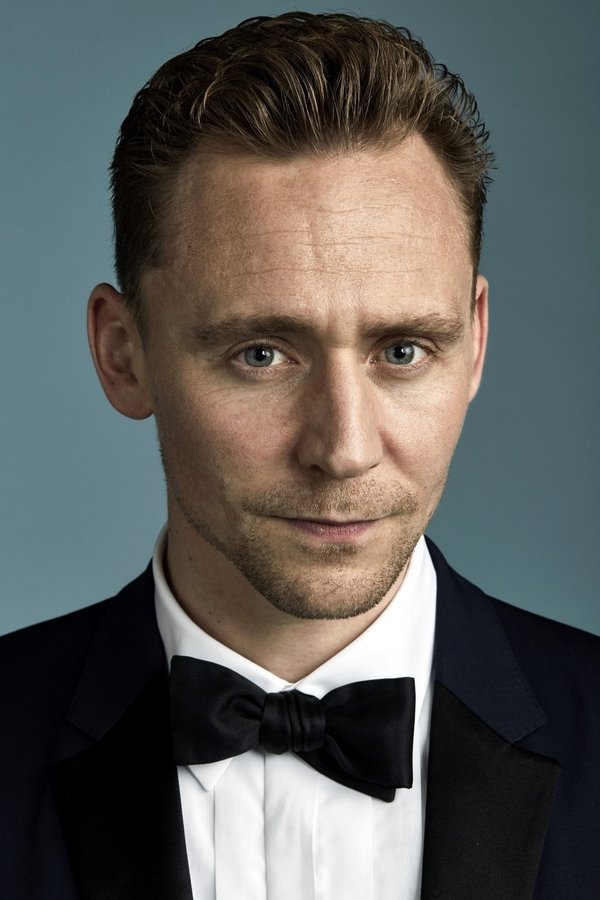
Tom Hiddleston
Loki

Clark Gregg
Agent Phil Coulson

Cobie Smulders
Agent Maria Hill
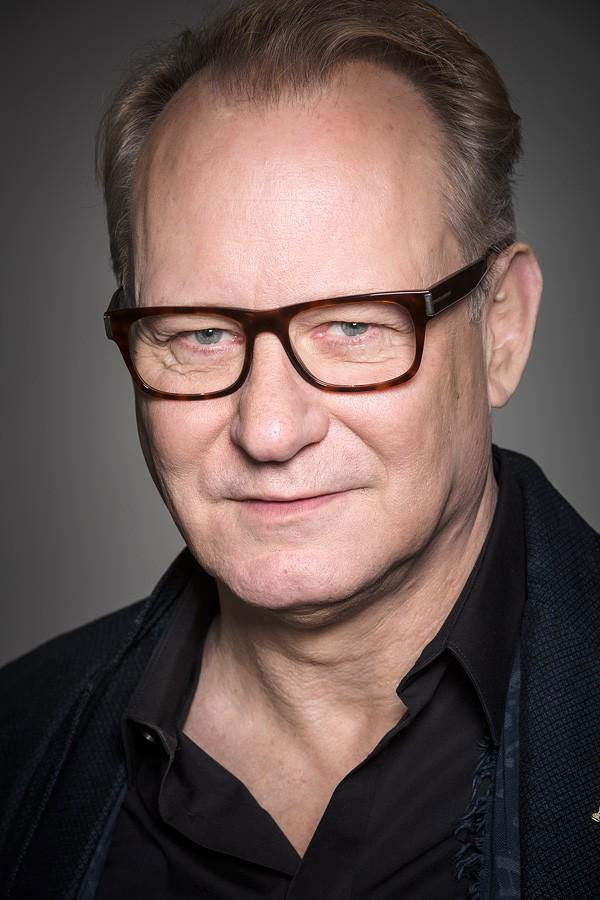
Stellan Skarsgård
Selvig
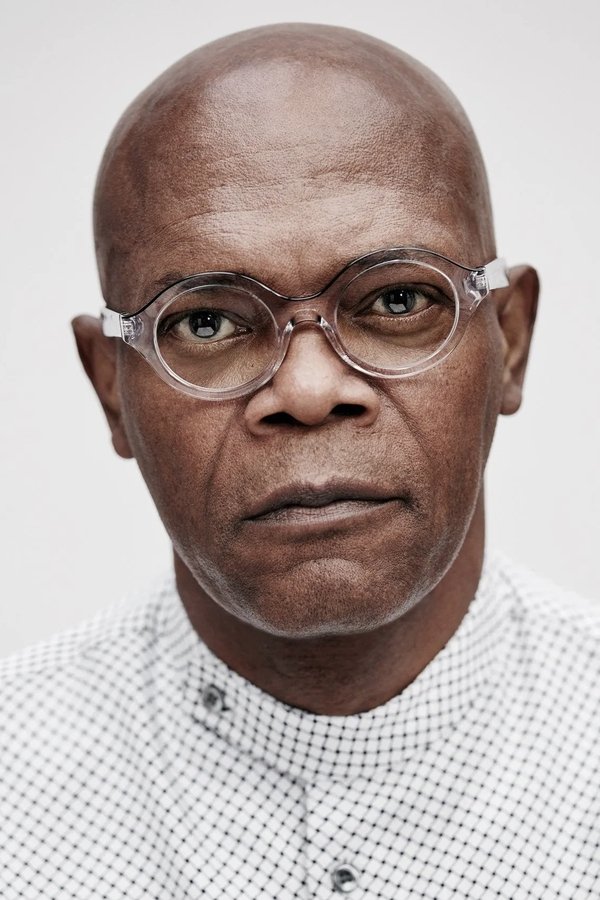
Samuel L. Jackson
Nick Fury
'A Wrinkle In Time' combines fantasy and science fiction to bring the classic story to life.
If you've watched 'Jeanne Dielman, 23 Quai du Commerce, 1080 Bruxelles', you are either someone who believes “nothing happens” in this three and half-hour film or you’re like me who believes everything happens.



